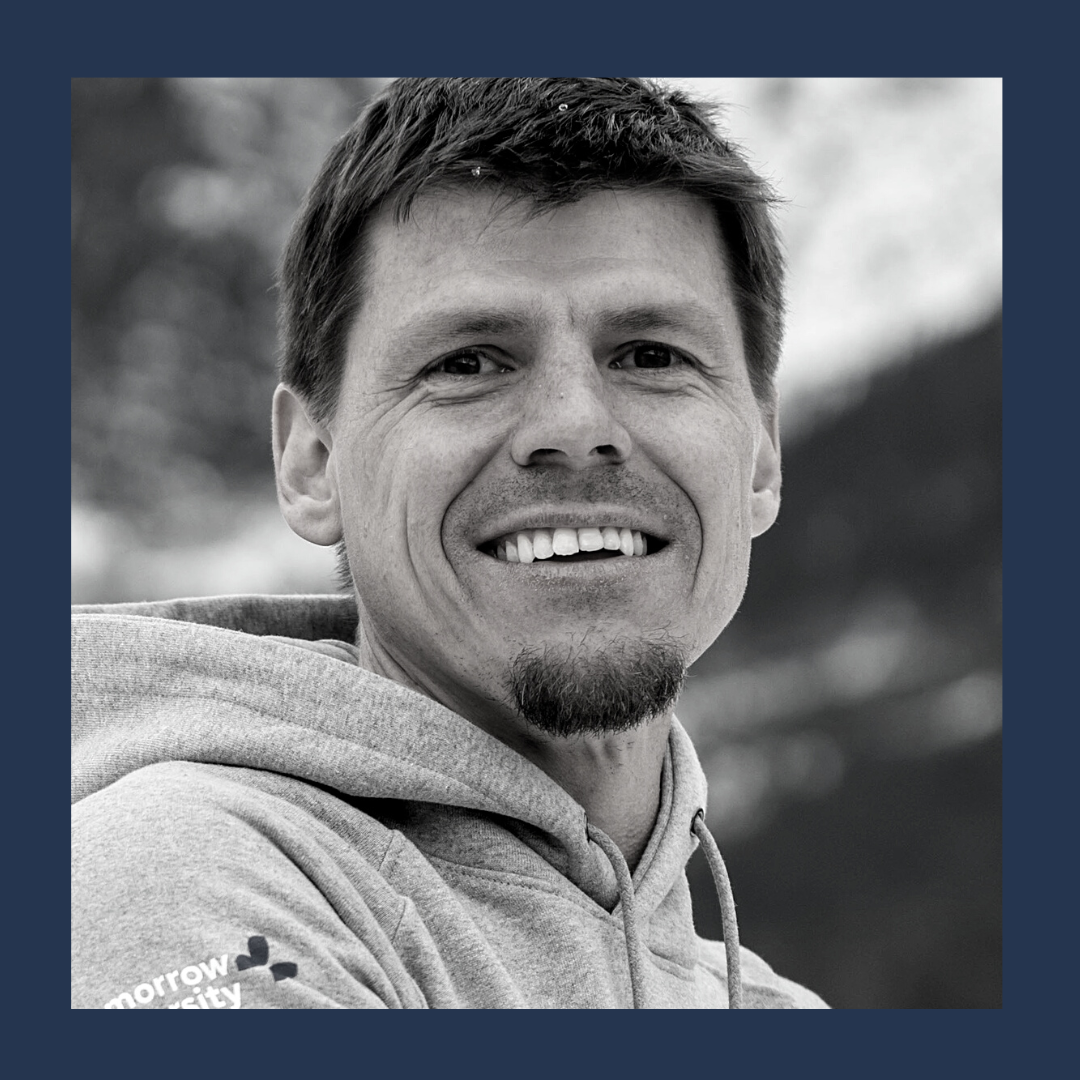Christian Rebernik: Educate and empower the change-makers to create a better tomorrow
This week, the TTI Interview Series covers our member Christian Rebernik.Christian Rebernik is the Co-Founder & CEO of Tomorrow University of Applied Sciences. Before he founded Vivy, he was a personal health record, and assistant for 20mio people, he also helped buildN26, a unicorn Bank as an MD. Christian was also a CTO at Parship, and he created award-winning apps like ShareTheMeal for the UN World Food Programme and helpedAwin to become a global affiliate network. Christian is an Advisor to the GreenTech Alliance, Member of the board of advisors to Sprk Global and Tomorrow Bank.
In this interview, Christian shared his journey as a mentor and angel investor who supports startups. Christian was born in Austria and studied business and information science. This explains how they become the 1st EdTech startup in Europe to become a state-recognized university. Their mission is to educate and empower the change-makers to create a better tomorrow. For this, they have built a next-generation University for Impactful Careers. They provide accredited bachelor's and master's degree programs and have developed a student-centered effective learning platform and are partnering with leading employers such as Tier, Google, Deutsche Bank, Deutsche Börse, and Tesla.
Building the next-generation university to educate and empower the change-makers
Christian, tell us about your work and how it intersects with the impact space.
Our purpose is to accelerate the transition to a sustainable society. For this, we build the next-generation university to educate and empower the change makers for those who want to change the world. All our programs build on top of sustainability which is reflected in content, the projects students work on and the partners we select.
In regards to the SDG, we directly drive quality education (SDG 4), reduce inequalities (SDG 10), support gender equality (SDG 5), and support climate action (SDG 13). With our students learning about all of the SDGs and becoming active after university we believe we can accelerate the transition to a sustainable society.
Impact through education
What is your own definition of impact?
Measures and supports the transition to a sustainable society. Our Key Focus is on Impact through education.
Create more sustainable, better accessible, and better quality education for all
What do you believe is one of the most important issues that need to be solved over the next 10 years?
As a society, we need to build different companies and set different political agendas which are routed in a sustainable future. Our education defines how we build companies and societies. Therefore it's the largest multiplier effect in the mid-term. Therefore we believe we need to create more sustainable, better accessible, and better quality education for all.
Inaccessible education
What do you think are some of the biggest challenges in the impact space?
The 3 biggest challenges
- Accessibility to quality education with sustainability built-in
- Quality Experience in online education, to allow people to study the relevant skill more effective
- Awareness of programs including sustainability
Educate and empower 1 million change-makers by 2030
Tell us more about the long-term vision you have for your work and how you measure & quantify your impact.
We will educate and empower 1 million change-makers by 2030. We will measure this in the #student graduates from our degree programs, and by measuring the impact they have. Further, we measure the Impact Credits total our learners received (Impact Credit is a Learning Unit any student (also a non-degree program) has achieved. 1 Impact Credit is the same size as the ECTS standard)
Misconceptions by definition
What are some of the misconceptions you’ve noticed regarding what “impact” is all about?
The impact is a very general term and needs to use more specifically. In this sense, there are misconceptions by definition.


